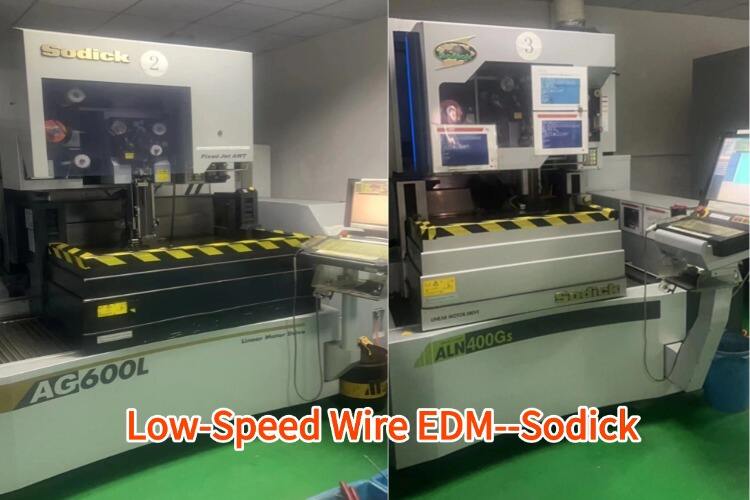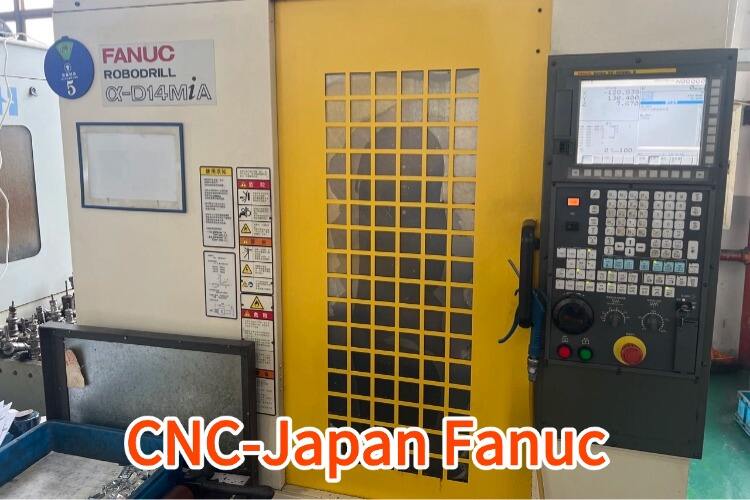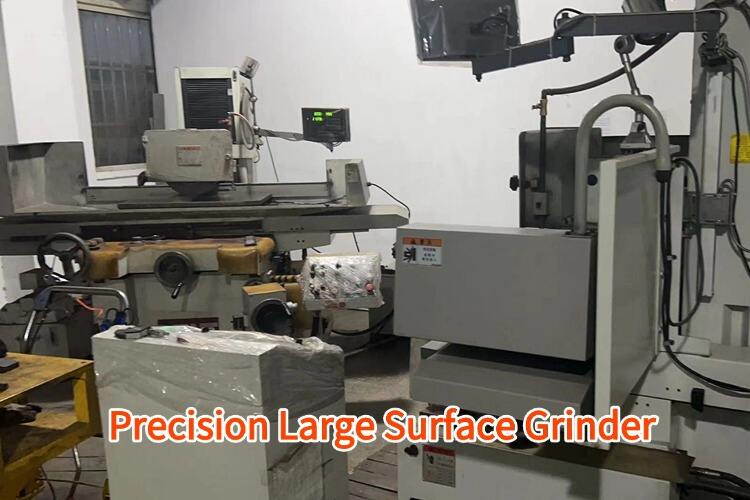metal stamping
Metal stamping is a sophisticated manufacturing process that transforms flat metal sheets into specific shapes through mechanical deformation. This versatile technique employs specialized tools and dies to create complex components with high precision and consistency. The process involves various operations including punching, blanking, bending, coining, and deep drawing, each serving unique purposes in metal formation. Modern metal stamping incorporates advanced automation systems and precision controls, enabling high-volume production while maintaining exceptional quality standards. The technology excels in producing both simple and intricate parts, from basic washers to complex automotive components. Advanced stamping facilities utilize progressive die systems that can perform multiple operations in sequence, significantly improving production efficiency. The process is particularly valuable in industries requiring precise, repeatable components with tight tolerances. Metal stamping supports various materials including steel, aluminum, copper, and brass, making it adaptable to diverse manufacturing needs. This manufacturing method has become indispensable in automotive, aerospace, electronics, and consumer goods industries, offering cost-effective solutions for large-scale production requirements.


